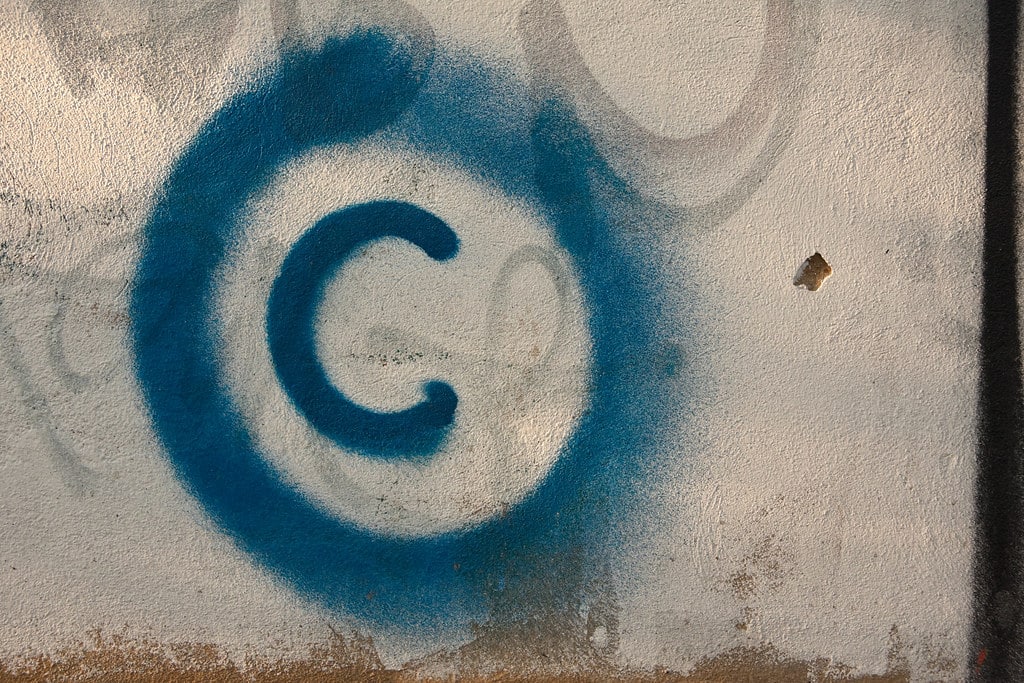In the United States, copyrights are protected by federal law. Copyrights protect original works of authorship such as music, art, writings, videos and the like. Copyright law gives the owner the exclusive right to perform or display the original works. Copyright law also protects what are called “derivative works” based on the original. If someone or some business has used copyrighted works without authorization, then, if the copyright is registered, the owner can bring copyright infringement litigation in federal court. The owner will need to hire top-tier copyright infringement litigation attorneys like the ones here at Revision Legal. As noted, copyrights must be registered before copyright infringement litigation can be initiated. Copyright lawyers can help with that process too.
Aside from registration, copyright infringement litigation must be filed within a defined time period. This is called the “statute of limitations.” In general, statutes of limitation are strictly enforced by courts of law. If the initial complaint is filed after the deadline, the case will be permanently dismissed.
For copyright infringement litigation, the statute of limitation is three years. Thus, for example, if, on January 1, 2022, someone published a magazine with your copyrighted art without permission, you have until January 1, 2025 to file a federal court complaint for copyright infringement. If you file on January 2, 2025, it will be too late (unless the “discovery rule” applies as discussed below).
When does the statute of limitations begin to run?
For copyrights, the rule is that the statute of limitations started to run from the “last act” of infringement. With written materials and photographs, this generally means when the unauthorized use of the copyright is published. Examples would include a newspaper or a magazine. For copyright infringement that occurs on the internet, the general rule is that the statute of limitations begins to run when the infringing material is removed. So, to modify our example from above, if on January 1, 2022, someone uploaded to the internet your copyrighted artwork without permission and then removed the artwork on February 1, 2022, you have until February 1, 2025 to file a federal court complaint for copyright infringement.
What is the discovery rule?
In general, the main exception to the running of any statute of limitations is called the “discovery rule.” Generally, if a person or business did not discover their legal cause of action within the period of the statute of limitations, then extra time will be given. If the discovery rule is allowed, then, generally, the statute of limitations begins to run from the point at which the injury was discovered (or SHOULD have been discovered).
In most federal courts, the discovery rule applies to copyright infringement litigation (but not in every jurisdiction). Moreover, the burden is generally placed on the infringer to show that the owner of the copyright knew about (or SHOULD have known about) the infringement. As can be seen, these issues are legally complicated. So, it is important to seek legal advice and counsel from copyright infringement attorneys.
Why should you be aware of the statute of limitations for copyright infringement?
It is important to be aware of the statute of limitations for copyright infringement for several reasons.
First and foremost, if you are the owner of copyrighted material, it is important to be aware of the statute of limitations so that you can take legal action against those who may have infringed upon your copyright in a timely manner. If you wait too long to file a lawsuit, you may lose your ability to do so altogether. The statute of limitations for copyright infringement varies depending on the jurisdiction and can range from two to ten years from the date of the alleged infringement. Therefore, it is important to be aware of the specific statute of limitations that applies to your copyright and to take legal action before that time limit expires.
On the other hand, if you are accused of copyright infringement, it is equally important to be aware of the statute of limitations. If the copyright owner waits too long to file a lawsuit, you may have a defense against the lawsuit on the basis of the statute of limitations. In some cases, the statute of limitations may have already expired, which could result in the dismissal of the case against you. This is why it is important to work with an experienced copyright attorney who can review the specifics of your case and determine whether the statute of limitations applies.
Another reason to be aware of the statute of limitations for copyright infringement is that it can impact your ability to seek damages or obtain injunctive relief. The longer you wait to take legal action, the more difficult it may become to prove the extent of the damages you have suffered as a result of the infringement. In addition, if the statute of limitations has expired, you may not be able to obtain injunctive relief, such as an order to stop the infringing activity. This is why it is important to take legal action as soon as possible after discovering infringement.
It is also important to note that the statute of limitations for copyright infringement can be tolled, or paused, in certain circumstances. For example, if the copyright owner was not aware of the infringement, the statute of limitations may be tolled until the infringement is discovered, as mentioned above. In addition, if the infringing activity was ongoing, the statute of limitations may be tolled until the activity ceases. It is important to work with an experienced copyright attorney to determine whether any tolling factors apply to your case.
For more information or if you have questions about protecting your copyrights and other intellectual property, contact the copyright litigation attorneys at Revision Legal. You can contact us through the form on this page or call (855) 473-8474.




